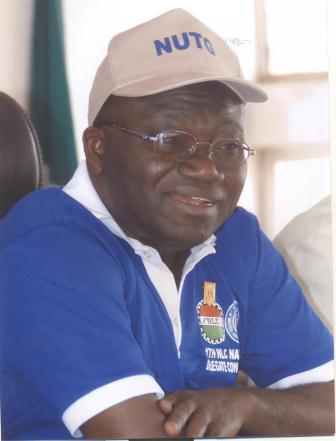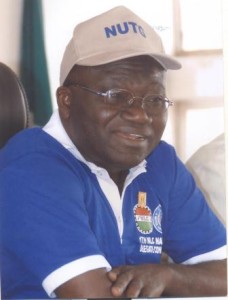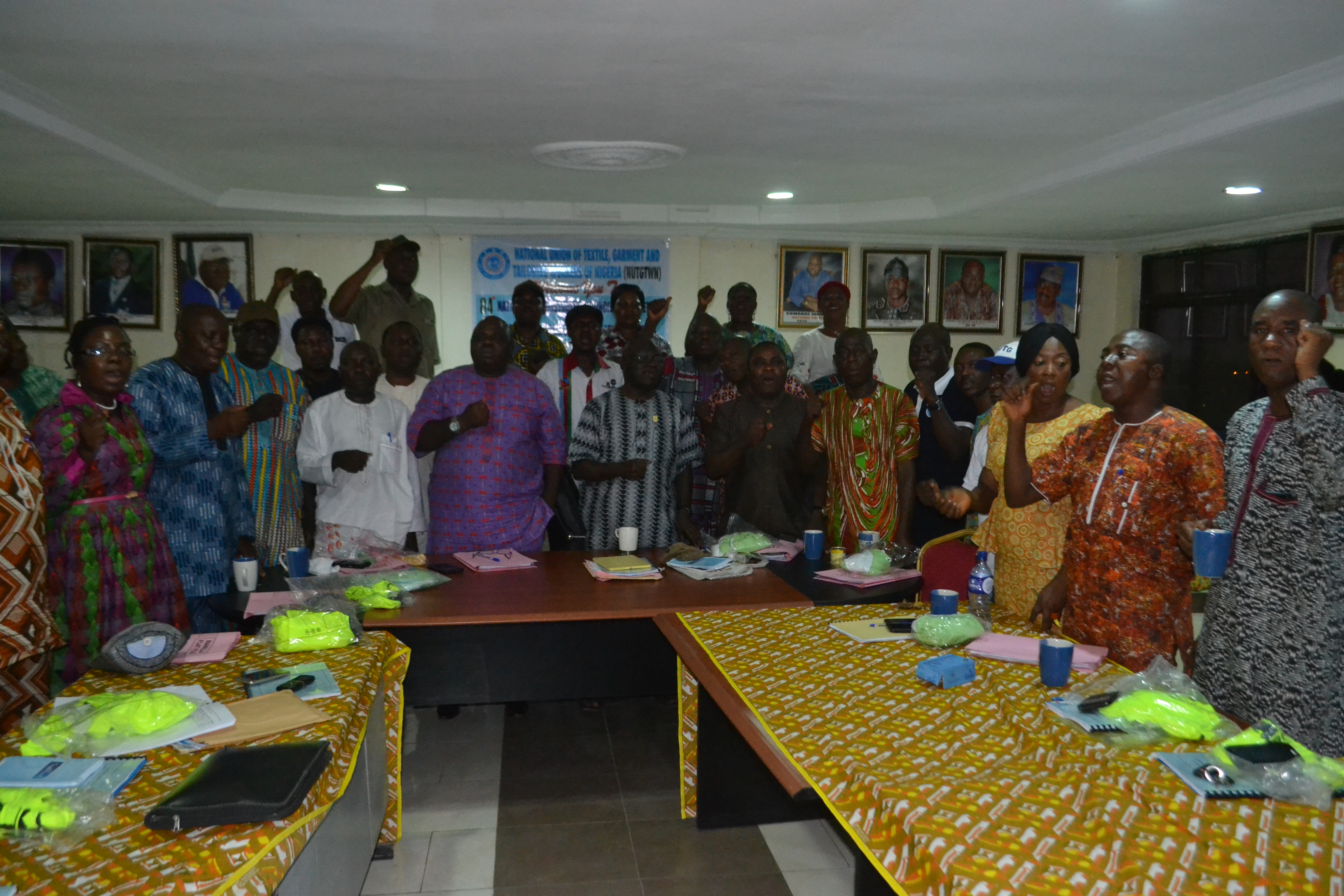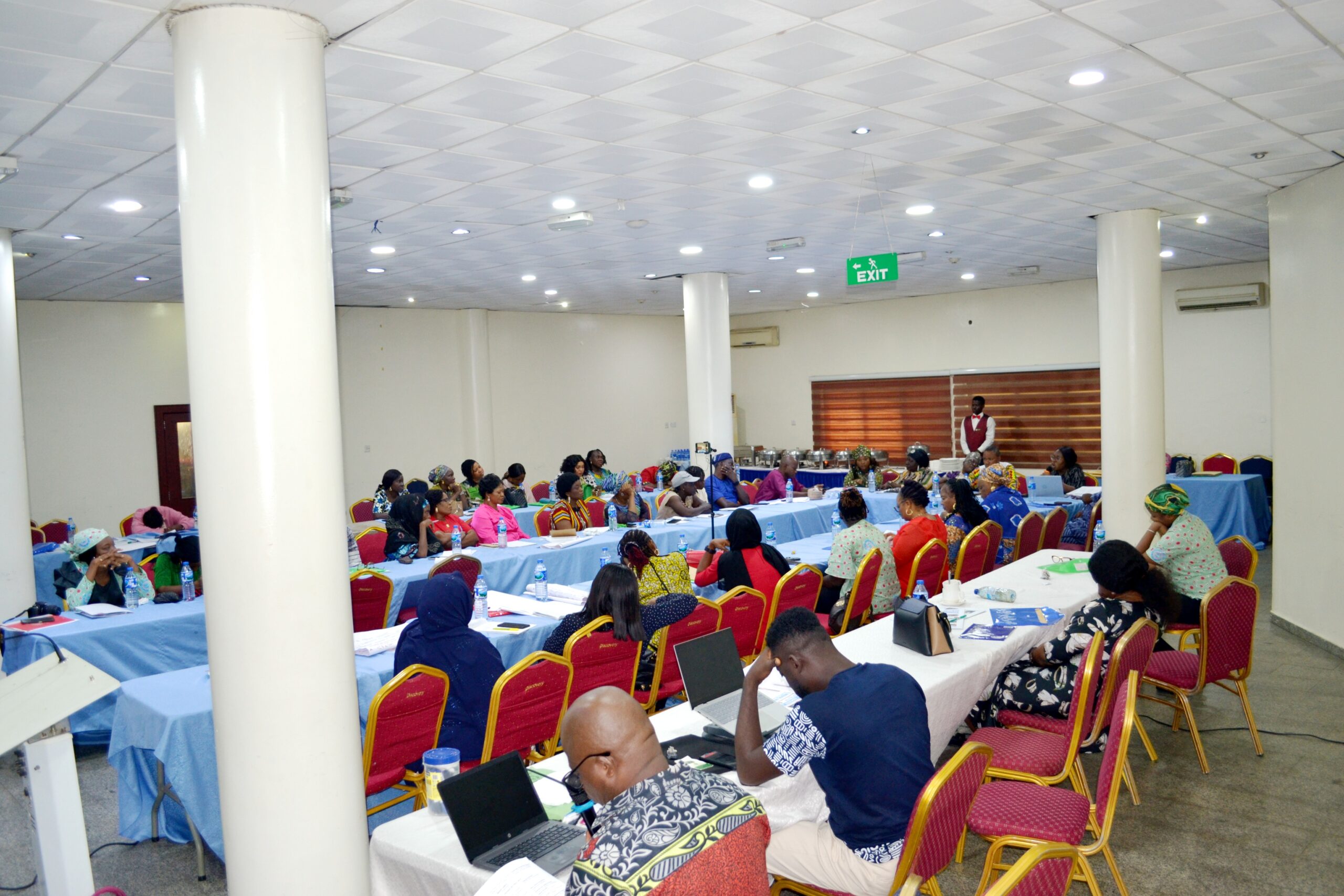
Many thanks to the Vanguard group for the extended invitation to yours comradely to the Weekend Economic Discourse to proffer solutions to the nation’s economic problems. Former Governor of the Central Bank of Nigeria, Professor Chukwuma Charles Soludo, was the Keynote Speaker at the Discourse. He was as cynical of the recovery plan as he has been almost dogmatically hard on what he long dubbed ‘Buharicomics’.
But as I pointed out at the discourse, Nigeria should be a functioning productive economy not a debating society with point scoring political/ economic elite throwing darts at each other. Undoubtedly, to rescue Nigeria out of recession Nigeria needs hard discussions but with problems solving approaches. It’s not just the economy but the political economy. Professor Soludo wondered about whether the new Plan, ERGP, is consistent with the manifesto of the ruling All Progressives Congress, APC. So much for partisanship which has for long not delivered the needed prosperity. I think the real document we should refer to is the constitution of the Federal Republic of Nigeria. With all its limitations, the 1999 constitution is clear about the direction and thrust of this Republic. Chapter two, Section 16, of the 1999 Constitution states that government must harness national resources to promote national prosperity in a planned and balanced manner with emphasis on equity and justice. Government must promote the welfare of the people. I think we should relate the new growth. Better late than never that we now have an Economic Recovery and Growth Plan, ERGP! I don’t share Soludo’s pessimism! It is commendable that Nigeria attempts to return to national planning however imperfect. The bane of our development has been the absence of a sustainable road map. This government has done well in terms of security, anti-corruption to a large extent. But on the issue of the economy, we have not seen the real road map. But now we have plan and I am excited that we have a full blown ministry in charge of planning. The budget and planning are now put together. But we must also do this within the context of a vision. A nation without a vision will definitely be operating blindly. A smaller like Tanzania is operating on Vision 2025. China is implementing its tenth 5th development plan. Anytime you are engaging with a China, it is based on its own terms as we lack a Vision. We must therefore improve on ERGP.
ERGP is very enthusiastic about diversification, but going through the Executive Summary, we need practical policy proposals to realize this objective.. As a matter of fact, this new Plan is still operating within the oil and gas paradigm. Even at that it is not ambitious enough. It is talking about 2.2 million barrels per day which I think is not really ambitious for the Federal Republic of Nigeria. Saudi Arabia is talking about close to 6 million barrels per day. What is even desirable is need to add value to the crude oil instead of exporting it and to in turn import refined petroleum products. It is commendable that the ERGP sets to reduce petroleum products imports by 80 per cent in 2018. That’s the way to create jobs, decent and sustainable jobs in the petroleum sector. But beyond that the path to recovery is manufacturing and industrialization. It is gratifying that ERGP endorses the 2014 National Industrial Revolution Plan, NIRP.
There are 10 industrial critical sectors the NIRP has long identified. One of them is textile and garment sector. But there cannot be industrialization without electrification. There should be uninterrupted electricity. The DISCOs and GENCOs must deliver power to the industry. Our current budget is N7.3 trillion. The question is, are we to link this relatively high budget to patronize made in Nigeria or refuel Chinese or Indian economies as we have been unacceptably doing?
I think we can use this 2017 budget to turn the economy around. I am happy that a factory in Umuahia is now producing Military booths for soldiers and that alone has provided over 3000 jobs for Nigerians. Our textile industry can produce uniforms for police, customs and children rather than going to China. Also for Nigeria or recover, it must address the current crisis of compensation. We cannot drive recovery without productivity which in turn depends on well-motivated workforce.
You cannot have production without productive workforce that is well motivated and paid for. As regards N18,000 minimum wage, when we signed it seven years ago, the exchange rate was N115 to a dollar. Inflation rate was single digit and now it is about 18 percent. And today we can use any rate, the truth is that Minimum wage has collapsed.
Purchasing power is low and the only way you can ensure real fiscal stimulus is to improve the pay of the working people. I want to say here that we must as much as possible revamp the economy by increasing the wage of the working people and pay them as at when due. Not only that, pensioners must be paid appropriately paid so as to discourage the current workforce from desperation for corruption to “save” for life after work. As we are addressing the economy, we must also curb the indulgence of the ruling elite. The pay of the political class is simply not sustainable, unacceptable and most be reduced. Some two term governors in the senate audaciously collect double pay in an economy in a recession! They even make political jobs pensionable when there is no evidence that they ever participle in a contributory pension scheme which is now the norm. This economy can hardly sustain the unacceptable indulgence of the political class. Yes we must fix exchange rate. I think the exchange rate policy must drive production, must be seen to be stable and should be such that will promote public welfare. I agree with the CBN Governor that we cannot leave Naira to the whims of the “market forces”; read; speculators! We must hail CBN’s development financing especially in the area of food security.
CBN-anchored borrowing for rice production is commendable. Today, we are more or less building food security in terms of rice production. We should allocate scarce resources for productive sector of the economy. CBN’s restrictions of 41 items Nigeria can produce locally should not be reviewed in a hurry and certainly not at the prodding of desperate importers and smugglers alike









